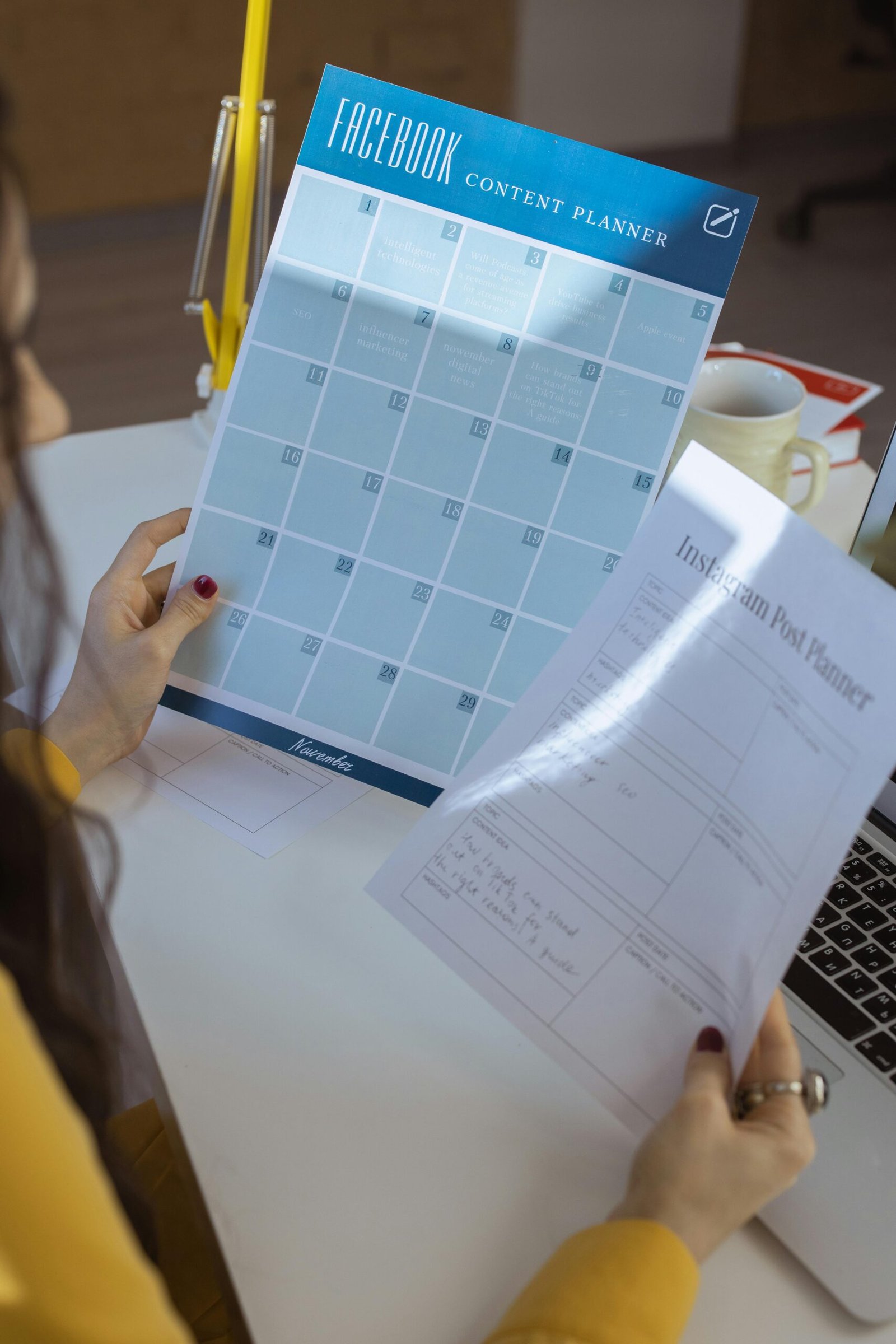WordPress Community at a Crossroads: Governance and the Call for Change
Current Events Stir Debate
Recently, WP Engine secured a preliminary injunction against Matt Mullenweg, co-creator of WordPress, and Automattic. In response, Mullenweg announced that WordPress.org would take a holiday break, pausing several community services. This disruption has sparked a lively discussion within the WordPress community about its direction and governance.
The Call for a New Approach
Joost de Valk, CEO of SEO optimization tool Yoast, voiced his thoughts on a federated and independent approach to managing WordPress. His blog post challenged the current centralized control of the platform, advocating for a more democratic structure. Support for his ideas came from Karim Marucchi, CEO of Crowd Favorite, who echoed the need for change.
- Creating a WordPress Foundation-like entity to lead the project.
- Transferring all community assets such as themes and plug-ins to this new entity.
- Releasing the WordPress trademark into the public domain.
- Federating plug-in mirrors and sharing data between servers.
“We, the WordPress community, need to decide if we’re OK being led by a single person who controls everything and might do things we disagree with or if we want something else. For a project whose tagline is ‘Democratizing publishing,’ we’ve been very low on exactly that: democracy,” de Valk said.
– Joost de Valk
Mullenweg’s Response
Mullenweg responded to de Valk’s suggestions by encouraging him to lead these initiatives under a different name than WordPress. He emphasized starting afresh from a trademark and branding perspective to achieve such goals.
The Community’s Voice
The debate over governance has been simmering since Mullenweg’s actions in September. A group of twenty signatories, including key contributors to WordPress, wrote an open letter urging Mullenweg to consider “community-minded solutions.” While Mullenweg is open to forks of WordPress, he remains committed to its current governance model.
Looking Forward
In January, de Valk plans to engage with community leaders to chart a path forward. WP Engine has expressed support for this initiative, reinforcing that WordPress’s success is due to its global community’s collective efforts rather than any single individual or codebase.
“WordPress’s success as the most widely used CMS is not the achievement of any one person or a single piece of open source code. It is the result of a global community — thousands of developers, agencies, businesses, and others — who have invested their time, talent, trust, and resources in advocating for, supporting, and building the global WordPress ecosystem and technology.”
– WP Engine



